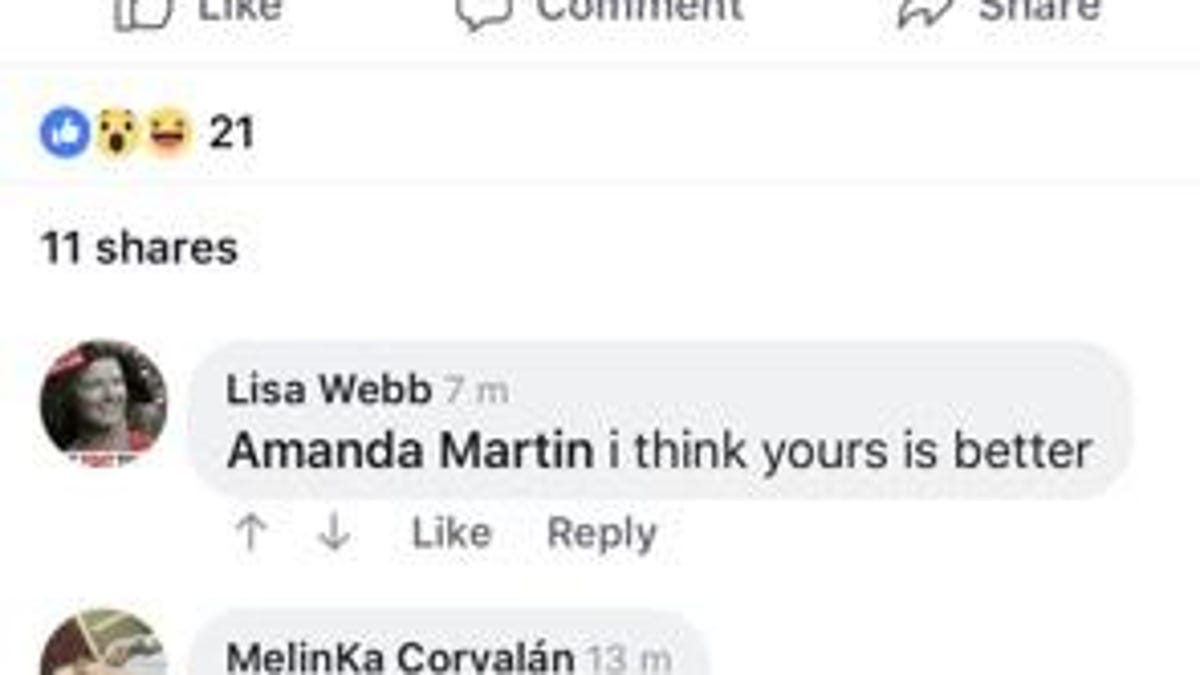Facebook expands downvote button to some users in Australia, New Zealand
It's not quite a dislike button, but Facebook's downvote button, which it first began trialling in February, is rolling out to more people.

Facebook began trialling a downvote button (not a dislike button) in February, giving the feature to a limited number of its many, many users.
The trial appears to be a "so far, so good" scenario, as the company has rolled out the button to some users in Australia and New Zealand.
"People have told us they would like to see better public discussions on Facebook, and want spaces where people with different opinions can have more constructive dialogue," a Facebook spokesperson said.
"To that end, we're running a small test in New Zealand which allows people to upvote or downvote comments on public Page posts. Our hope is that this feature will make it easier for us to create such spaces, by ranking the comments that readers believe deserve to rank highest, rather than the comments that get the strongest emotional reaction."
Though Facebook said the test was only happening in New Zealand, users in Australia also reported seeing the new feature. From what we can see here in CNET's Sydney office, the downvote button appears only on certain public pages that were created in Australia, and only on Facebook's mobile app.
Not quite the dislike button some have clamoured for, the downvote button takes a page out of Reddit's playbook.
"We are not testing a dislike button," a Facebook spokesperson said in a February statement. "We are exploring a feature for people to give us feedback about comments on public page posts."
"Not every moment is a good moment," said Facebook's co-founder and CEO Mark Zuckerberg in a Q&A session in 2015. The answer was a set of emojis, which the company released in 2016. The reactions expanded options to a laughing face, an angry face, a "wow," a sad face and a heart.
"It's surprisingly complicated to make an interaction that's that simple," Zuckerberg said when announcing the initiative.
CNET Magazine: Check out a sample of the stories in CNET's newsstand edition.
Rebooting the Reef: CNET dives deep into how tech can help save Australia's Great Barrier Reef.

